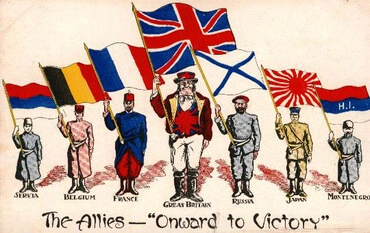1
Jen estas la vorto de la Eternulo, kiu aperis al la profeto Jeremia pri la Filisxtoj, antaux ol Faraono venkobatis Gazan:
2
Tiele diras la Eternulo:Jen venos akvo de norde, kaj gxi farigxos inundanta torento, kaj gxi inundos la landon, kaj cxion, kio estas en gxi, la urbon kaj gxiajn logxantojn; ekkrios la homoj, kaj ekploregos cxiuj logxantoj de la lando.
3
Pro la sonado de la hufoj de la fortaj cxevaloj, pro la bruo de la cxaroj, pro la bruego de la radoj la patroj ne atentos siajn infanojn, senforte mallevigxos iliaj manoj;
4
pro la tago, kiu venos, kiam oni prirabos cxiujn Filisxtojn, ekstermos cxe Tiro kaj Cidon cxiujn restintajn helpantojn; cxar la Eternulo ruinigos la Filisxtojn, la restajxon de la insulo Kaftor.
5
Kalveco trafos Gazan, pereos Asxkelon kaj la restajxo de ilia valo. Kiel longe ankoraux vi faros al vi trancxojn?
6
Ho glavo de la Eternulo, kiel longe vi ne kvietigxos? eniru en vian ingon, haltu kaj silentu.
7
Sed kiel vi povas kvietigxi? la Eternulo donis al gxi ordonon kontraux Asxkelon kaj kontraux la bordo de la maro; tien Li destinis gxin.







